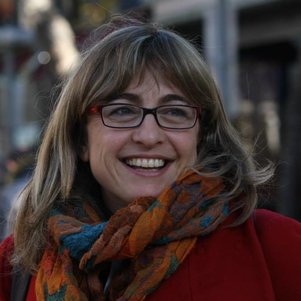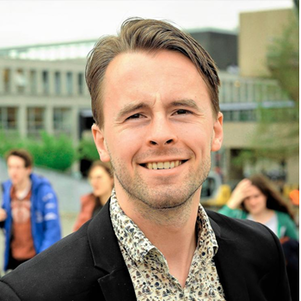Is energy and seismic renovation always relevant for residents?
Lessons learned from the e-SAFE Horizon 2020 project.
08 april 2022 14:00 t/m 15:00 - Locatie: Zoom - Door: Social Innovation in the Energy Transition | Zet in mijn agenda
Topic
Within the current EU decarbonization and climate change adaptation goals, there is growing attention toward the role that energy and seismic retrofitting of worst-performing buildings. While such attention is currently being translated in a variety of practical ways of engaging public actors and the business community at multiple scales both, questions can be asked whether such ways are always beneficial to urban residents. This webinar contributes to this debate by sharing the initial findings from the e-SAFE Horizon 2020 project with a focus on the City of Catania, in Eastern Sicily. The main goal of e-SAFE is to set up a new deep retrofitting system that combines technological advancements with social innovation, with the purpose of making building renovation highly applicable and beneficial for those who have the lowest urban quality of life. For this purpose, researchers in Catania are experimenting with a co-productive approach to stakeholders’ engagement, testing its ability to challenge the dominant local retrofitting approaches with the purpose of increasing their social relevance.

Laura Saija is an assistant professor in City and Regional planning at the University of Catania. Her main research interest is Community-based Environmental Planning, with a focus on how participatory action-research engages distressed communities in co-design and collaborative planning processes aimed at enhancing their relationship with natural resources and the environment. Within the e-SAFE Horizon 2020 project, she is the scientific supervisor of the stakeholders’ engagement activities at the local level.

Rutger Broer is Researcher at the Building Performance Institute Europe (BPIE). He has holds a BA International Studies and a MSC Industrial Ecology and has several years working experience in international policy contexts. His research focuses among others on public participation in the heating transition, European building policies, and energy poverty policies.